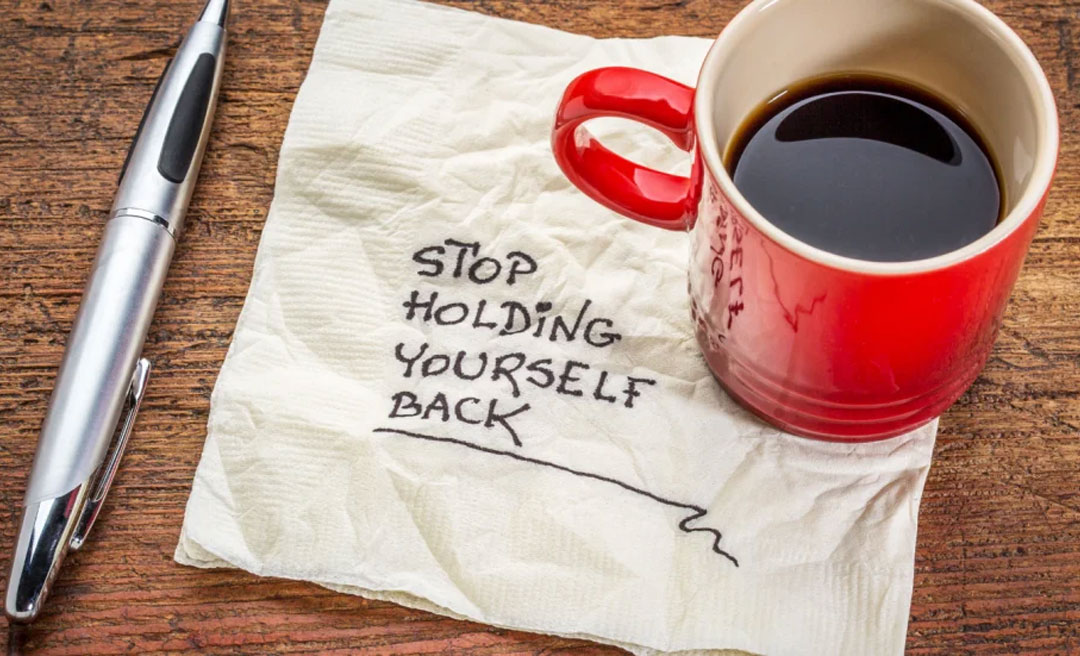
I’ll just say it: Women can be weird about money.
And not just because we throw eight credit cards on the table after a group dinner outing. (Sorry, wait staff at literally every restaurant I’ve frequented in the last three decades with a group of women.)
A lot of us are mysterious about our finances. We might complain about the cost of college tuition, or brag about getting a great deal on a pair of shoes. But do we ever reveal to one another how much money we have in the bank, how much we earn or have saved, or how much debt we have? Nope. The only time a friend divulges information like that is when she is in the midst of a personal crisis.
Even women who know a lot about finance are hush-hush about their personal stash, says Kara Duckworth, the certified financial planner I chat with on this episode of the More Beautiful Podcast. Kara says money is the last taboo conversation topic because everyone brings to the table a unique set of values and deep-rooted emotions. For example, if funds were scarce when you were a kid, you may now associate money (or lack thereof) with fear—and perhaps you’re even a hoarder. If money was tied to shame, you may worry about being judged for having too little or too much. If your family was secretive about the Benjamins, you probably are too.
Growing up, one of the first things I learned about money was that it was something you shared with people you loved, but kept quiet about with those outside the clan.
Visiting my grandma at the two-family house in Queens, New York, that she shared with her two sisters was a treat. Not only did I get lots of hugs and access to a bowl of Hershey’s kisses, I also got a five- or 10-dollar bill pressed into my palm. “Put it in your pocket,” Nanny or one of my aunts would say. I kept the cash tucked away until I got home and transferred it to my Little Twin Stars wallet for safekeeping.
Eventually, I found out that money was the key to financial independence. My first job was delivering newspapers as a pre-teen. In high school, I babysat and served as a summer camp counselor. In college, I worked part-time at a magazine, and during breaks I did paid internships. Those paychecks allowed me to partially fund my education, go out with friends, and save enough to buy a new outfit once in a while.
Later I learned, through heartbreaking events, that money could also be associated with personal sacrifice and fear. My dad, who had worked two jobs in order to put me through college, died from a heart attack during my senior year. I watched as my mother, who had never taken an interest in the family finances, was forced to find a higher-paying job and figure out how to balance her checkbook and do her taxes. But a lifetime of ignorance about investing caused her to take bad financial advice and make some serious mistakes that jeopardized her life savings.
I was frightened for her and my two younger siblings. Everybody survived, but I swore I would never be that woman who refused to educate herself about money. I also think that my collective life experiences turned me into a person who knows the value of a dollar and emulates the kind of generosity that her family modeled, but also has some anxiety about “the worst” happening someday—and catching her off guard.
Many of my friends are dynamos who know exactly what they’ve got and how to manage it. But some are not. A couple don’t know the difference between a hedge fund and a Roth IRA. I’m somewhere in between, but I’m not sure I could do my taxes myself these days without a bottle of aspirin and a big glass of wine beside me.
These days, you probably have to worry about far more than yourself, like helping your kids through college or caring for aging parents. (Don’t get me started on the financial acumen needed to navigate the costly, bureaucratic world of elderly care in the U.S.) There’s also your own retirement to think about. None of us, especially during this life phase, can afford to be in the dark about our finances.
Kara assures us it’s never too late to educate ourselves and turn our money situation around. She gives some great tips on how to handle various money crises, teaches us how to talk about money with our SOs, helps us figure out how our feelings inform our financial decisions, and shares with us how women are changing the world with their own brand of investing. Listen now, and let me know what you think.

